#100YRobot
Whether we consider the word “Robot” came to its born with the first book edition of a legendary sci-fi drama by Karel Čapek in 1920, or rather with the premiere of this piece at the National Theater in Prague one year later, the “robot” has been with us for 100 years and it’s of Czech origin.
In fact, it became the most famous Czech word of all times.
The Czech writer Karel Čapek used the word robot for the first time in his play R.U.R (Rossum’s Universal Robots). Significantly, it was in the same year when great personalities of the “Golden Age of Science Fiction” like Ray Bradbury or Isaac Asimov were born. It simply must have meant something. In R.U.R., Čapek described robot as a fictional humanoid, biological entity which parts are assembled together like cars and produced industrially. Paradoxically despite his personal displeasure with R.U.R, Isaac Asimov followed the terminology and introduced “Robotics” and Three Laws of Robotics twenty-two years later.
Anyway, we at the RICAIP Centre simply cannot leave this anniversary unnoticed. You can find robots in various workplaces, performing different tasks and actions in RICAIP facilities. Thanks to the fact that our Industry 4.0 testbeds have been equipped with new technologies since 2020 – see, again, what a sign! – more robotic units will be put into operation throughout this year, namely in Prague and Brno testbeds. The experience of our scientists as well as their personal perception of what robots mean in their daily work deserves our attention in the light of “#100YRobot” anniversary and also in the light of what is to come at RICAIP.
We look forward to all the work robots will do together with our RICAIP research teams.
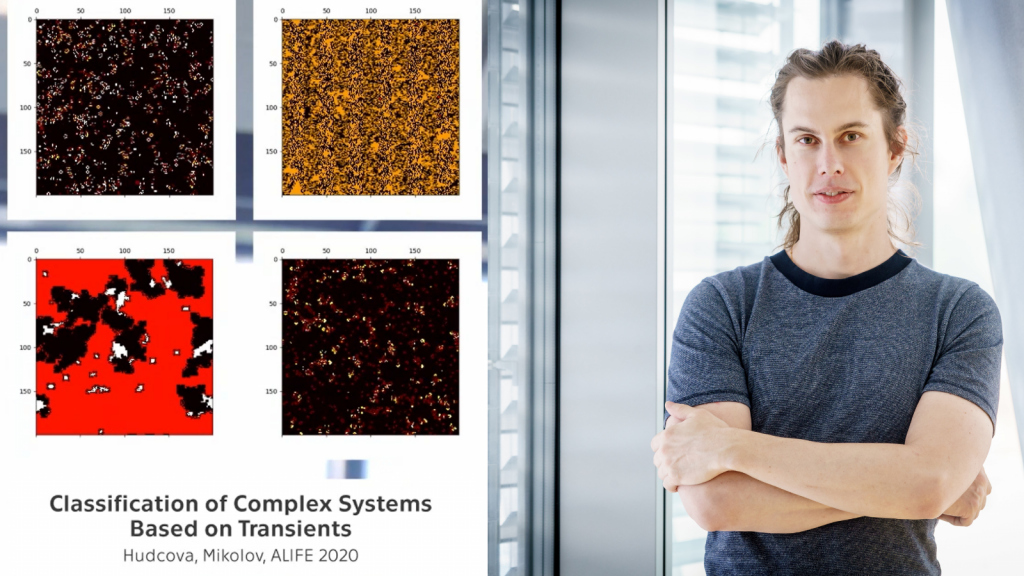
“Robots are already all around us to perform mundane tasks in factories, but also on internet, as not all robots do have physical bodies. I am looking forward to the future where robots will augment our mental abilities and will allow us to see patterns in the world that are currently hidden from us. With the development of artificial intelligence, we will be able to solve complex tasks that are currently impossibly difficult for our brains. In a sense, there is whole hidden world all around us that we have yet to discover, and AI will make these discoveries possible.”
Tomáš Mikolov, RICAIP Tenure Track position holder, CIIRC CTU
“The robots are now strongly influencing human’s lives. Their application is very wide and still growing, in industry, at home, elsewhere. This is made possible in robotics mainly by the phenomenal development of artificial intelligence, the introduction of new technologies, increasing the performance and computing speed of processors per watt of electricity and, last but not least, increasing the energy density that can be stored in ever-decreasing volumes for electrical energy storage. Hand in hand with all the positive effects, there are growing fears in society that the robot may also take over my human work. I am convinced that living with robots will always be beneficial for humanity.”
Prof. Radimír Vrba, Director, CEITEC BUT
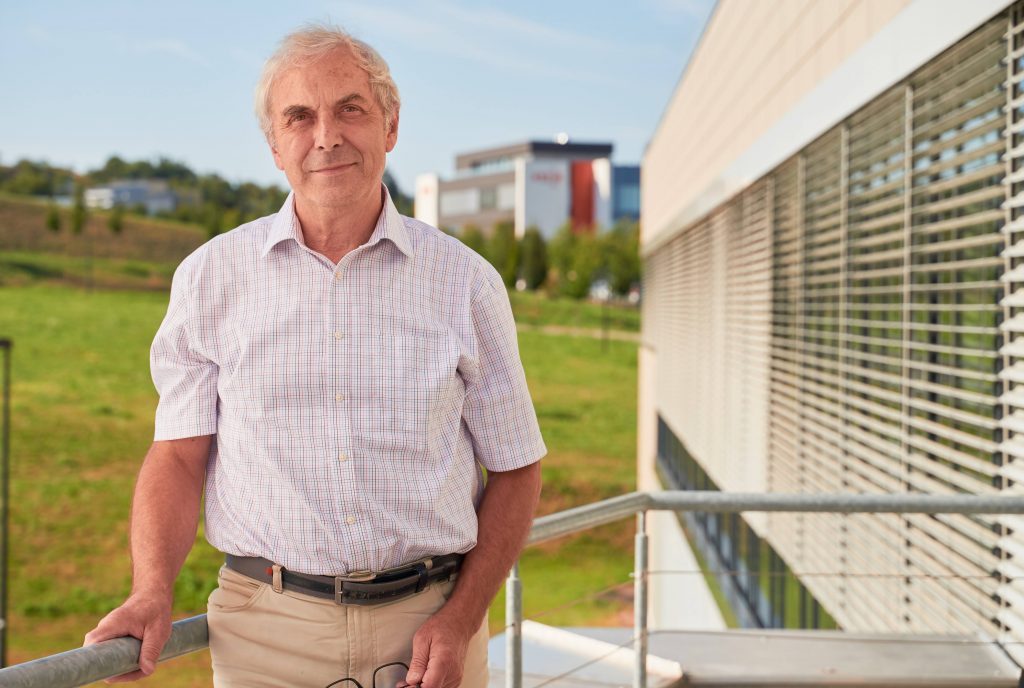
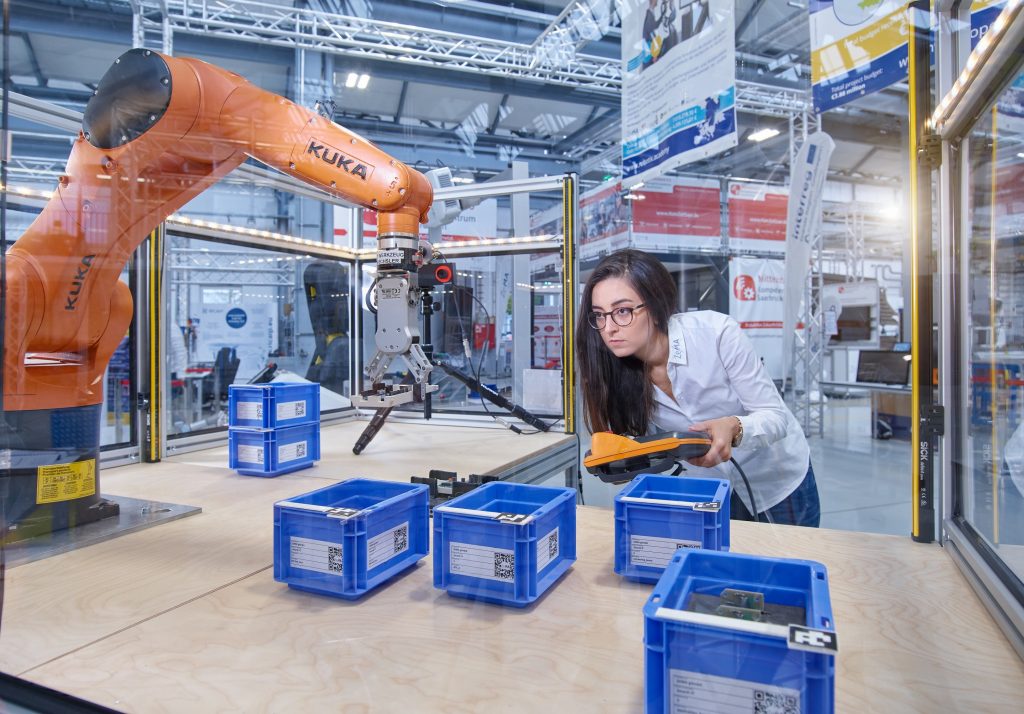
“In my daily work, I make robots see the world, plan ahead and make decisions. The robots can do wonders if you teach them to.”
Khansa Rekik, researcher, ZeMA, Germany
“The word robot means a safe, ergonomic and human-friendly work place.”
Dr. Tim Schwartz, Head of Research Group Human-Robot-Communication, DFKI
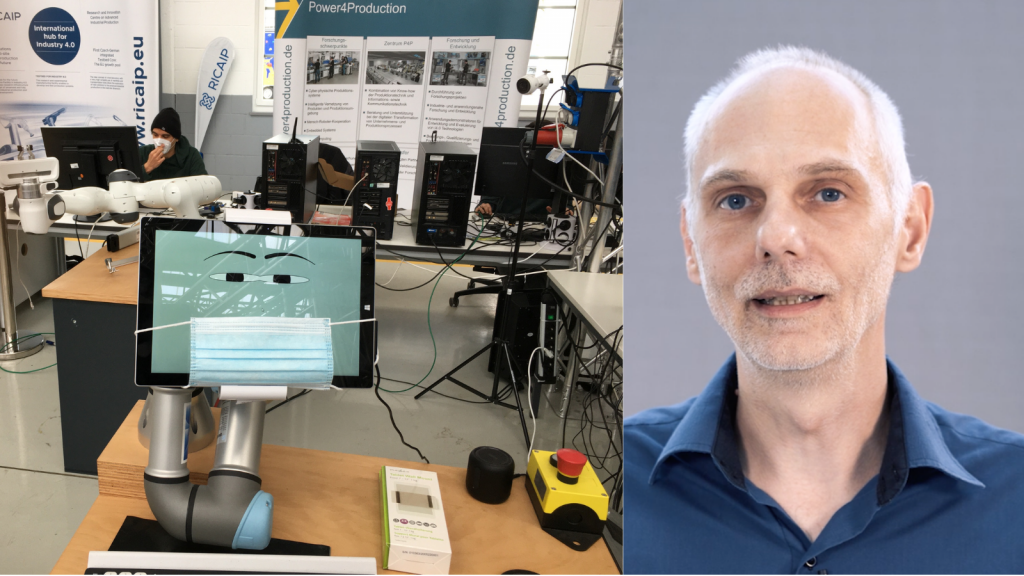
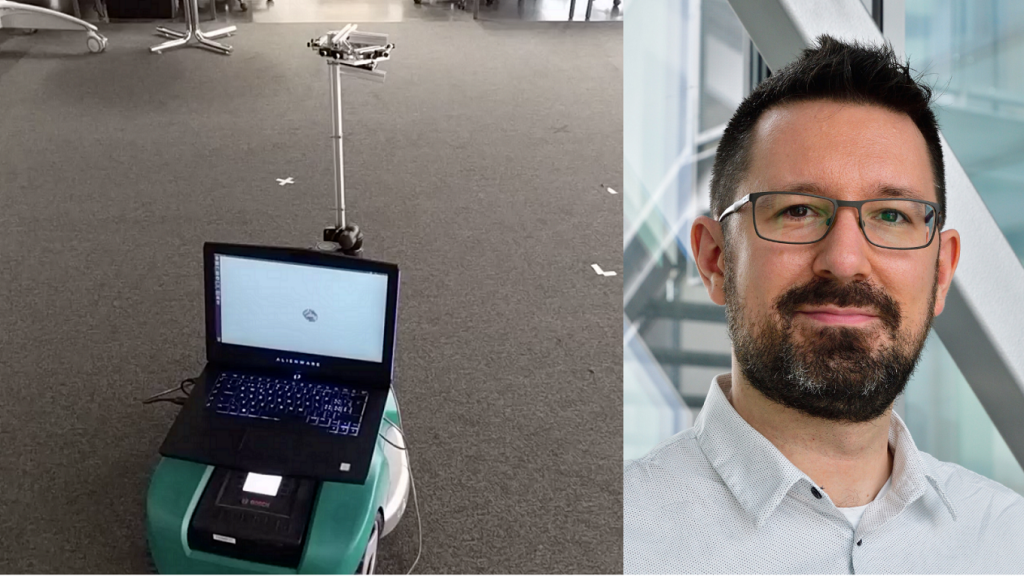
“The main motivation for his research is that the robots will be able to live side-by-side with humans in the real world. I am very much looking forward to using cheap, small robots for teaching students about 3D scene perception and navigation.”
Torsten Sattler, RICAIP Tenure Track position holder, CIIRC CTU
“Robots have been a sensation in fiction, became an important tool for science and manufacturing and will play a central role in tackling mankind’s biggest problems. Robots will help us to dismantle nuclear power plants, they will collect plastic waste in the oceans and they will assist us to mitigate climate change. The term ´robot´ is a brilliant Czech invention with a worldwide impact.”
Reinhard Karger, DFKI’s Corporate Spokesperson, DFKI
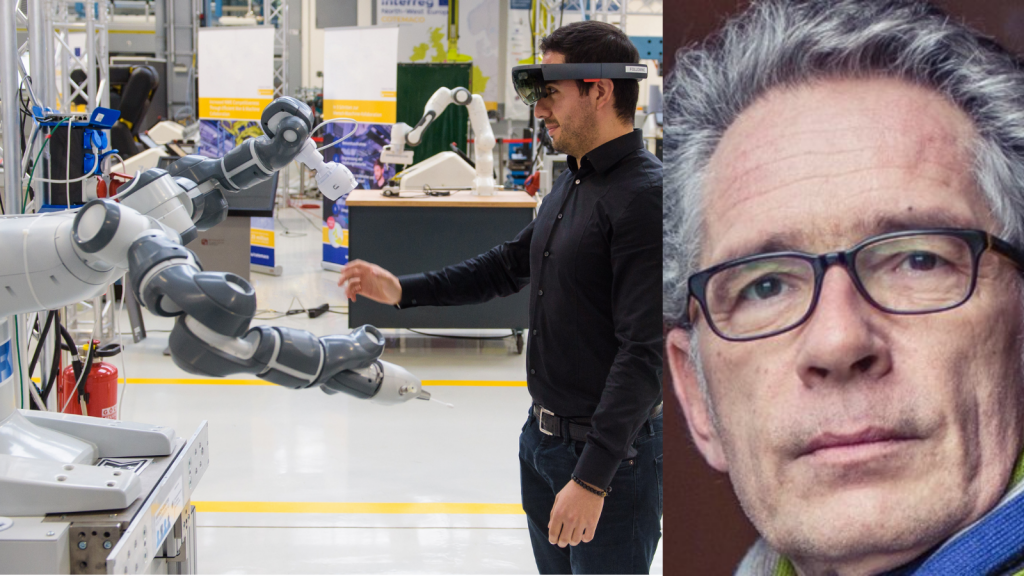
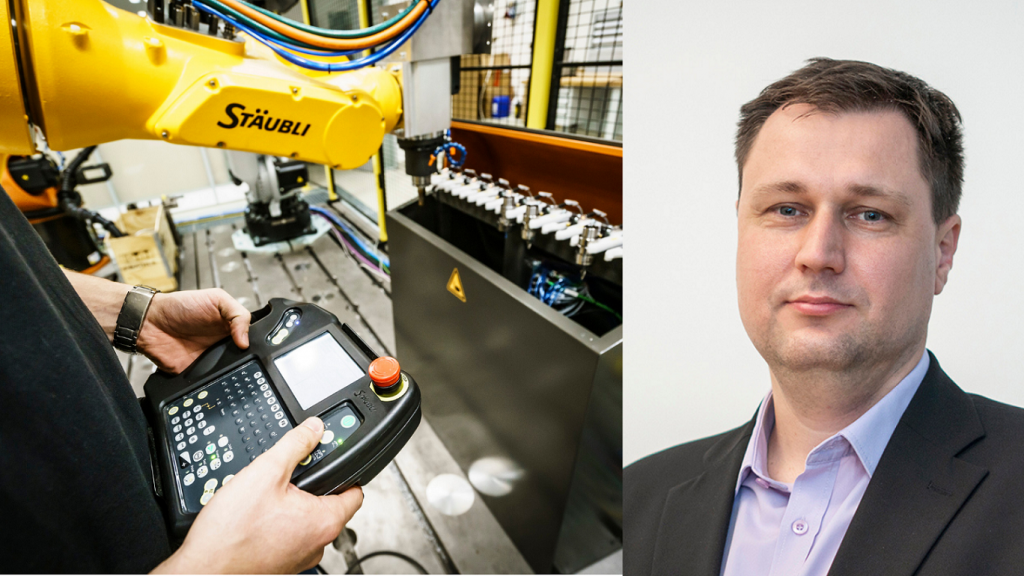
“The robot is a worker, a helper and a game changer. As a worker it can assembly devices from parts or carry a spindle for machining parts. As a helper it can help to machine tools to exchange the workpieces/raw material or tools. As a game changer – intensive integration into our manufacturing lines changes paradigm of existing production to reach more agile and automated factories.”
Dr. Petr Kolář, Deputy Head, Department of Industrial Production and Automation, CIIRC CTU
